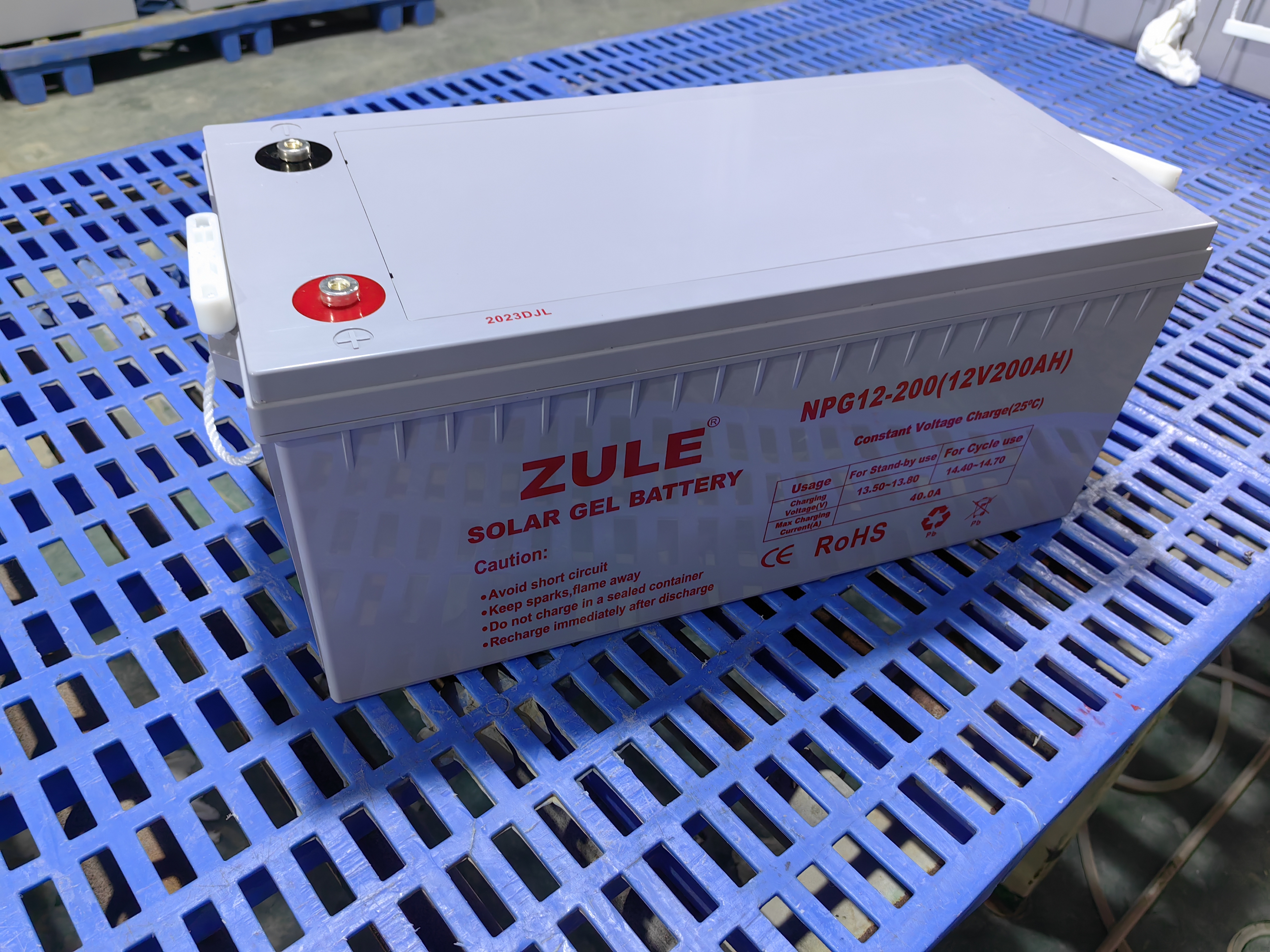- All
- Product Name
- Product Keyword
- Product Model
- Product Summary
- Product Description
- Multi Field Search
Views: 0 Author: Site Editor Publish Time: 2025-09-11 Origin: Site








Solar energy storage batteries: The Clean Energy "power Bank" ready to Take off
Amid the global wave of actively transitioning to clean energy, solar energy, with its inexhaustible, clean and pollution-free characteristics, has become a highly sought-after energy choice. More and more families and enterprises are beginning to install photovoltaic panels. However, solar power generation is affected by factors such as the alternation of day and night and weather changes, and is intermittent and unstable. This shortcoming limits its large-scale and efficient application. The emergence of solar energy storage batteries is like equiping solar power generation systems with a "power bank", becoming the key to breaking through this bottleneck. It not only changes the way energy is used but also brings greater autonomy and economic benefits to users.
The working principle of solar energy storage batteries is based on the mutual conversion of electrical energy and chemical energy. When there is sufficient sunlight, solar panels convert light energy into electrical energy. Part of the electrical energy is directly used by the load, and the excess is used to charge the energy storage battery. The electrical energy is converted into chemical energy and stored. When there is insufficient light or night falls, the energy storage battery discharges, converting chemical energy back into electrical energy to ensure a continuous power supply.
For household users, the greatest advantage of energy storage batteries lies in achieving "energy independence". The excess electricity generated by the photovoltaic system during the day can be stored for use at night or on cloudy days, significantly reducing the reliance on the power grid. In addition, in many regions, users can also obtain economic returns by selling their surplus electricity back to the power grid through the "net metering" policy.

The application fields of solar energy storage batteries are very extensive. At the household level, installing a solar energy storage system can store the excess solar energy during the day for use at night or on cloudy days, reducing reliance on the power grid and lowering electricity costs. It can also ensure basic living electricity supply during sudden power outages, enhancing the family's disaster resistance capacity.
In the business sector, places such as shopping malls and office buildings can utilize solar energy storage systems to balance peak electricity supply and demand, reduce electricity bills, and enhance energy utilization efficiency during peak hours. In remote areas or off-grid scenarios such as islands and mountainous regions, solar energy storage systems provide stable and reliable power for local residents, base stations, outposts, etc., breaking away from the reliance on traditional power grid layout and achieving energy self-sufficiency.
At present, solar energy storage systems are becoming more intelligent. Many new products integrate AI energy management functions, which can automatically optimize charging and discharging strategies based on electricity usage habits and fluctuations in electricity prices, maximizing energy-saving effects. For instance, using batteries for power supply during peak electricity price periods and charging during low-price periods can further reduce electricity costs.